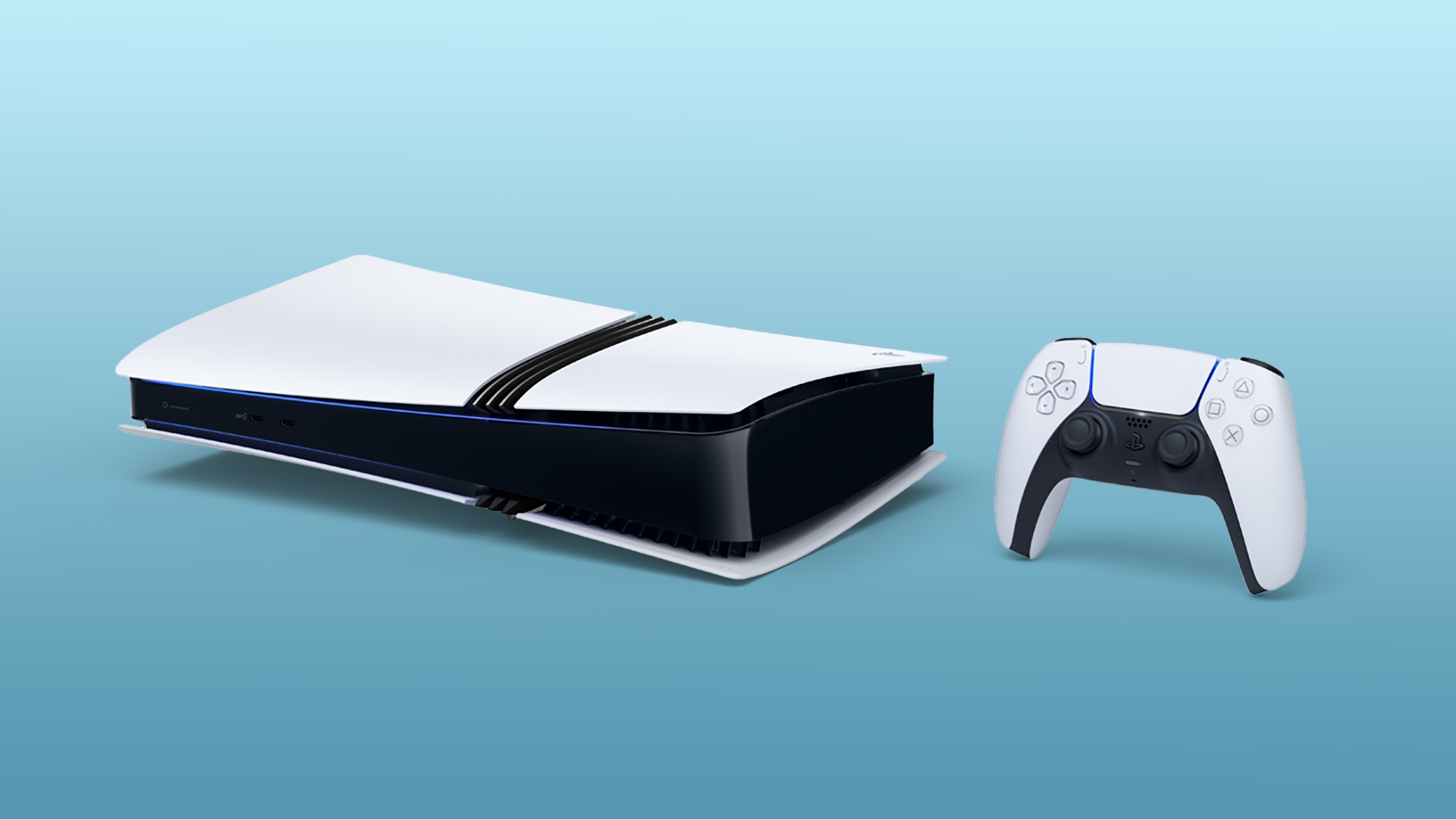

Quick Summary
AMD is reportedly making the core system-on-a-chip for the PS6, just like it did for the PS5.
Sony held a bidding process back in 2022, and AMD won out thanks to backwards compatibility.
Sony is reportedly going to stick with AMD as its main chipset manufacturer for the PlayStation 6, after successfully working with it on both the PS5 and the upcoming PS5 Pro.
According to a new report from Reuters, this was the result of a bidding process back in 2022 which saw other massive competitors eliminated from contention, including Intel, most notably, which was fighting to take the contract back.
However, AMD was apparently able to heavily leverage the fact that continuity with the PS5 and PS5 Pro would ensure that the PS6 should be able to enjoy proper backwards compatibility with its games, which has been proven time and again to be a major consideration for gamers and customers.
While it's not impossible that Intel and Sony in partnership could have come up with a solution that would work, this would all take time and resources that AMD's chip simply wouldn't require, which is the sort of motivating factor that really matters in decisions of this scale.
Another blocker in any deal between Intel and Sony was reportedly over the amount of profit that Intel was demanding on each chip it sold to the console maker, something that was seemingly never really solved before AMD won the contract anyway.
Unusually for this sort of story, Intel has published a statement responding to the Reuters reporting, too: "We strongly disagree with this characterization but are not going to comment about any current or potential customer conversations. We have a very healthy customer pipeline across both our product and foundry business, and we are squarely focused on innovating to meet their needs." That's not exactly earth-shattering, but it arguably nearly confirms that Intel was involved in negotiations for the contract.
The good news is that this might indeed ultimately be good news for the consumer since it seems to confirm that backwards compatibility was a priority for Sony, and should therefore be built into the PS6 when it arrives. We can only hope that, unlike the PS5 Pro, it isn't staggeringly expensive when it does so.
Get all the latest news, reviews, deals and buying guides on gorgeous tech, home and active products from the T3 experts

Max is T3's Staff Writer for the Tech section – with years of experience reporting on tech and entertainment. He's also a gaming expert, both with the games themselves and in testing accessories and consoles, having previously flexed that expertise at Pocket-lint as a features editor.